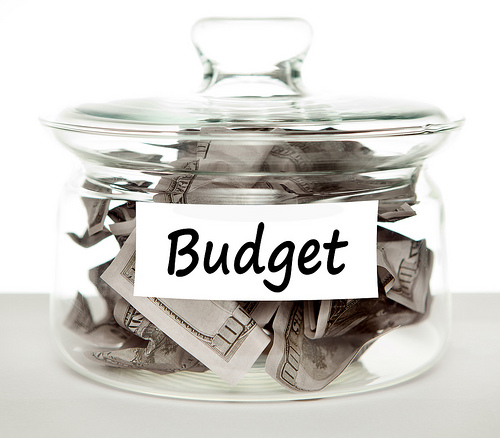Budgeting for Savings Can Help You Avoid Debt
Posted by : Premraj | Posted on : Tuesday, November 12, 2013

You may hate the word “budget.” But rather than viewing budgets as restrictive, think of them as a way to gain better control over your finances.
A budget is basically a plan that outlines how you’ll spend your money on a weekly or monthly basis. Take how much you earn, calculate your expenses and develop a spending plan. The benefits of a realistic budget can’t be stressed enough. If you don’t budget, there’s a good chance that you’ll overspend. And when you spend all your cash on a whim, you may be unprepared for financial blows. It’s this kind of behavior that can contribute to debt
Saving your money can help you weather financial storms, and budgeting is the foundation of any savings plan. Several things can bring on unexpected debt, such as pulling out your credit card to pay for a car repair, or having to contact one of the Expert Bail agents to get a friend (or yourself!) out of jail. At times like this, it pays to have a rainy day fund. If you rework your existing budget, you might discover ways to save and grow your nest egg. Budgeting for savings is an effective way to keep cash in your pocket and avoid debt.
1. Know where your money goes. Before you can budget, you need to know where your cash goes. For a week or a month, track every expense. This includes monthly bills, as well as miscellaneous expenses like coffee and lunch. With your expenses on paper, you can identify habits that break your budget and slow down your savings goals.
2. Think of ways to reduce expenses. If building a savings account is one of your long term goals, freeing up cash can help you achieve this goal faster. When planning your budget, consider areas where you can cut back. How much do you currently set aside for grocery shopping or transportation? Can you spend less in these areas? Although you may be unable to modify how much you spend on utilities or housing, you might have leeway in other areas.
3. Include savings contributions in your budget. If you don’t work savings into your budget, you’re not likely to reach this long-term financial goal. There are no doubt a million things you can do with your money. For your savings to grow, you have to treat your account like any other bill. Take 10% of your income off the top and deposit into your savings account – set aside more, if possible.
4. Increase your income. Saving can be challenging if you don’t have extra income. You have a choice, either make excuses or think of creative ways to generate additional money. Putting cash in your pocket might be easier than you think. Take advantage of overtime opportunities at work, get a part-time job or turn your talents into a side hustle.
A savings account shouldn’t be optional. Financial blows will happen. It’s not a question of if, but rather when. The less you have in savings, the greater your chances of getting into debt. Develop a budget that works for you and make saving a priority.
 SU
SU REDDIT
REDDIT







